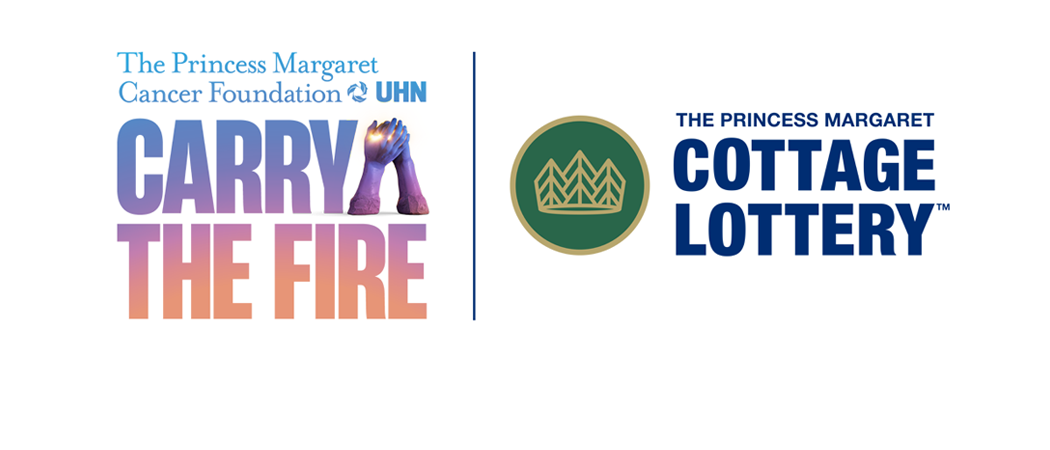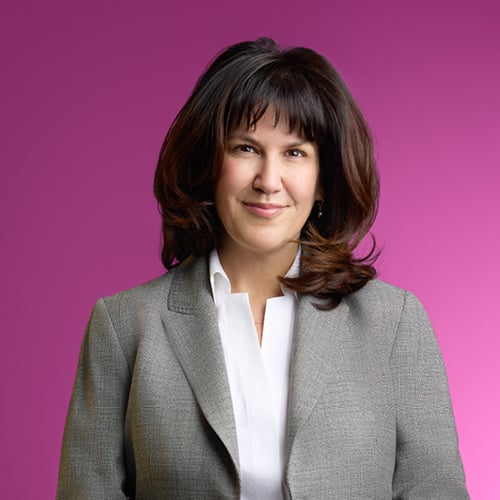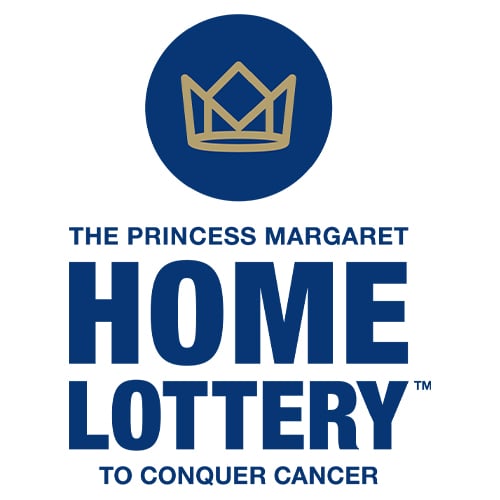Munira Premji was living the life of her dreams – she had a great job and a loving family, when symptoms including fatigue, weight loss and reduced hemoglobin led to her needing an emergency blood transfusion. Suddenly, she was faced with a devastating diagnosis: stage 3 multiple myeloma – an incurable blood cancer. But the worst was yet to come. One week later, she was diagnosed with a second cancer, stage 4 non-Hodgkin’s lymphoma.
“I went through all the stages of grief… sadness, depression, anger… I never imagined this would be my life,” recalled Munira. Her doctor’s first priority was to deal with the lymphoma and so Munira began a course of intensive chemotherapy. Four months later, she rang the Bravery Bell at Princess Margaret Cancer Centre to celebrate the end of her chemo treatment.
Next, it was time to focus on her myeloma. This would be a multi-step process culminating in an autologous stem cell transplant. Her own stem cells would be extracted, scrubbed of myeloma cells and re-introduced into her body. After ultimately undergoing two stem cell transplants, today she’s able to manage her symptoms with medication alone.
Since Munira was diagnosed 13 years ago, she’s witnessed first-hand how far treatments for multiple myeloma have come. “When I was first diagnosed, there were only two treatment options. Now there are nearly 20.” That progress has given her the hope she’s needed to continue overcoming her diagnosis.
Today, she’s an entrepreneur, advocate, and travels all over the world to spend time with her kids and grandkids. “It’s all thanks to The Princess Margaret. They’re at the forefront of myeloma treatment and it’s because of them that I’ve received the best possible care.”

Her oncologist, Dr. Suzanne Trudel, echoes her sentiments: “There have been so many breakthroughs in myeloma. The Princess Margaret has been involved in almost every drug that’s been approved for it. Funding from Princess Margaret Cottage Lottery has helped us expand our research into new areas, and help patients not only live longer but give them a better quality of life.”














